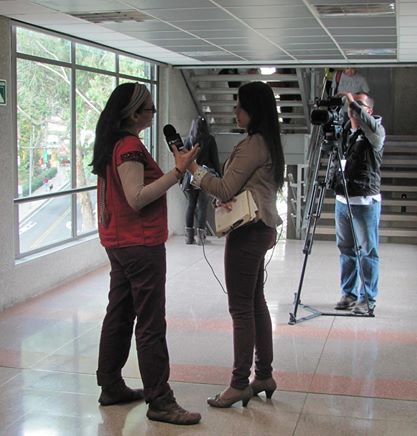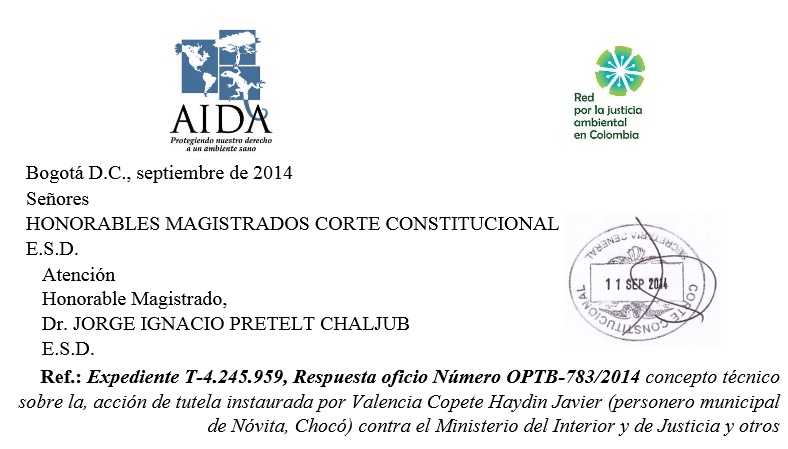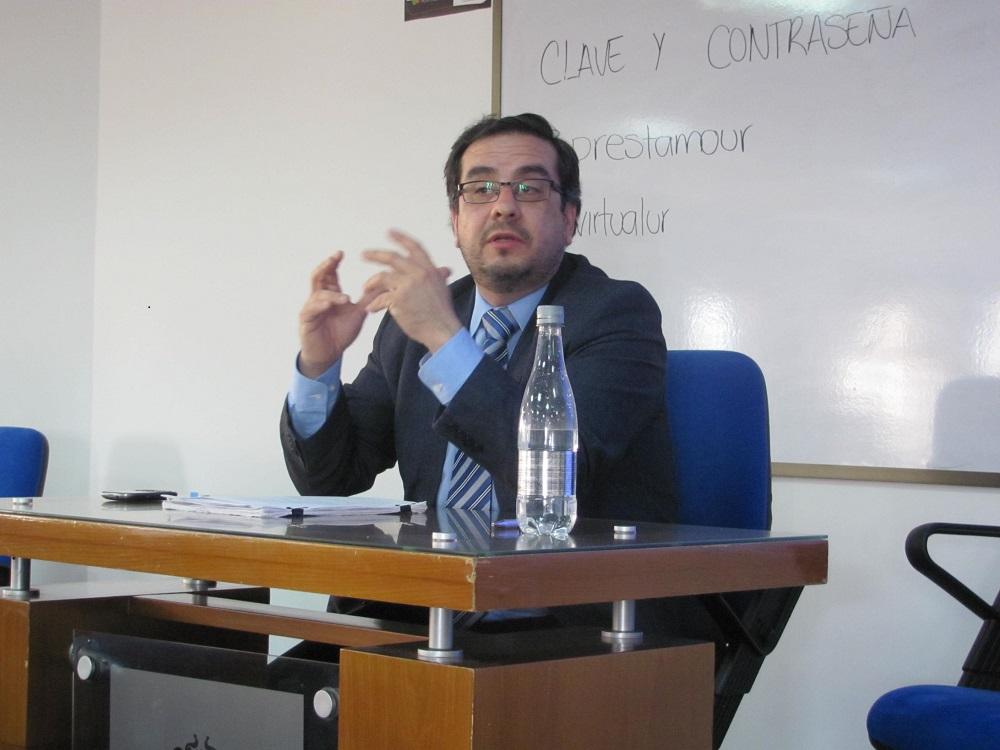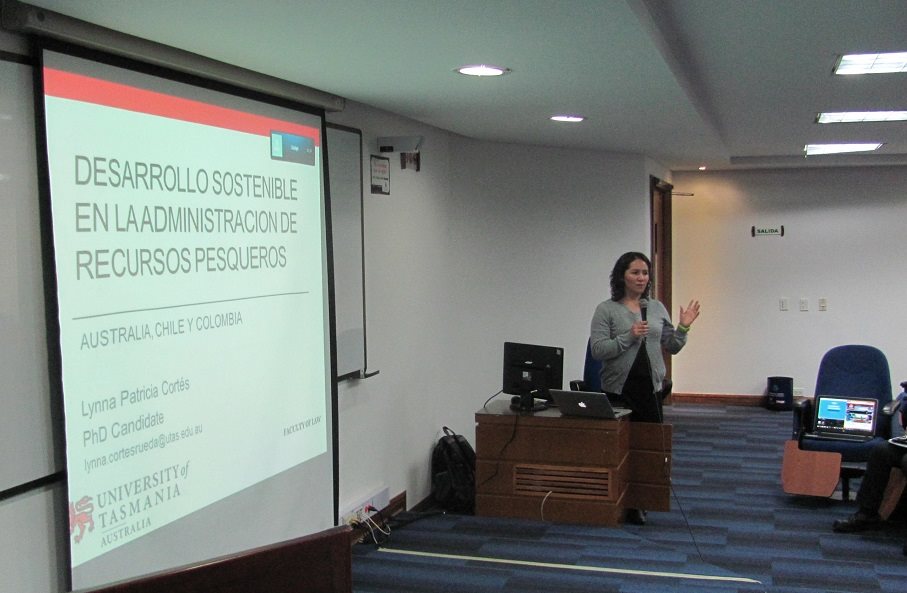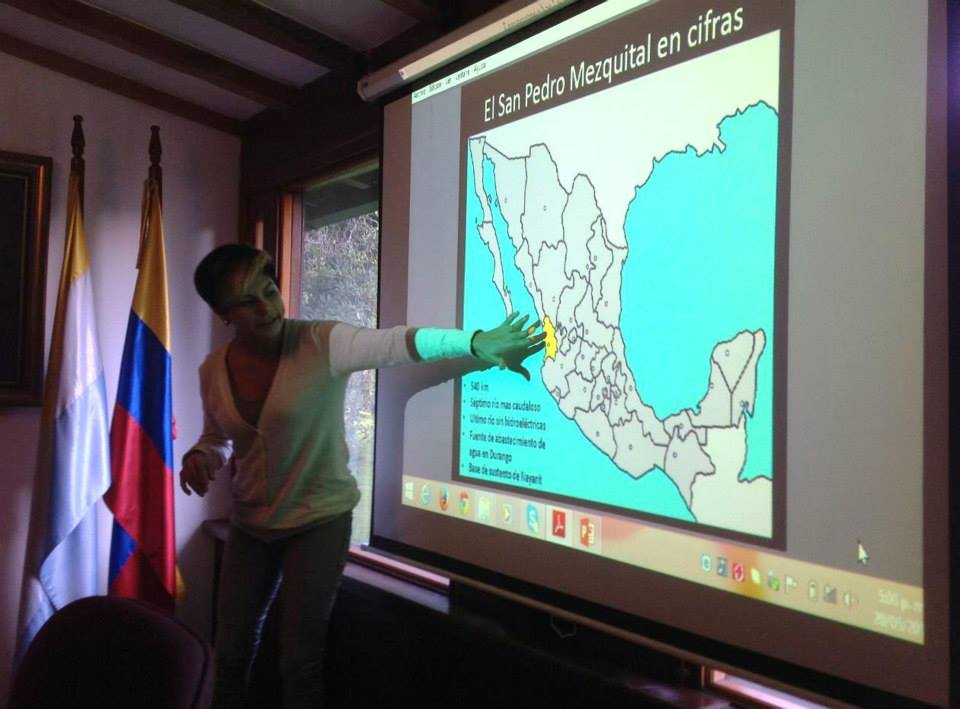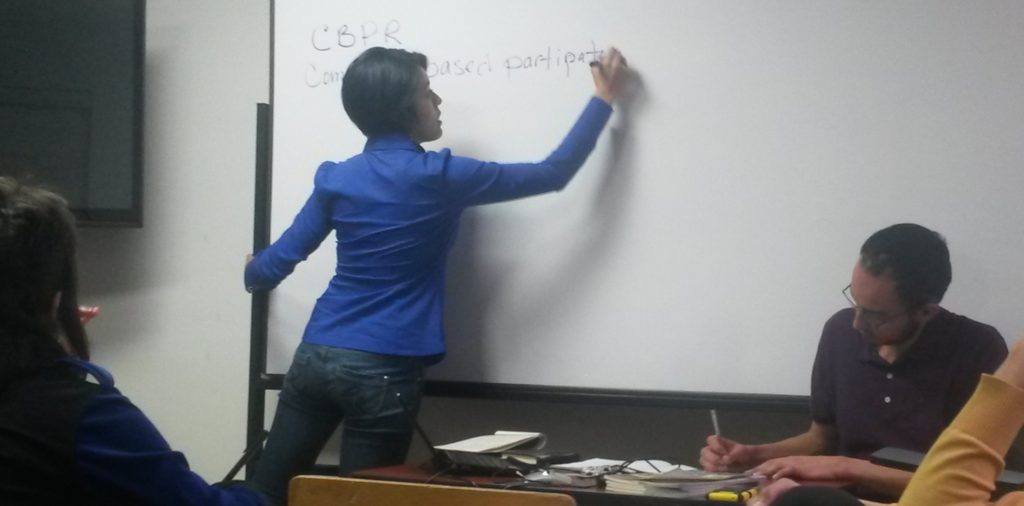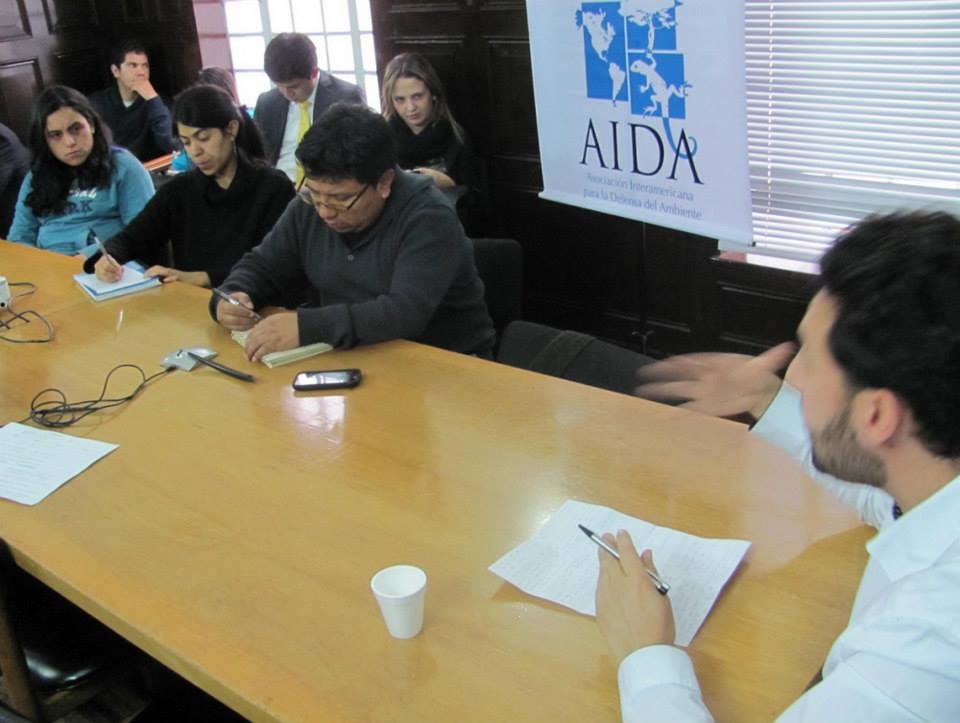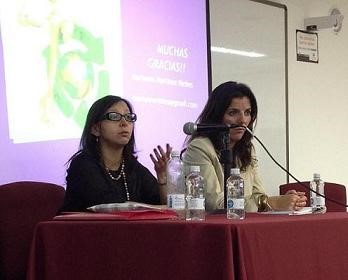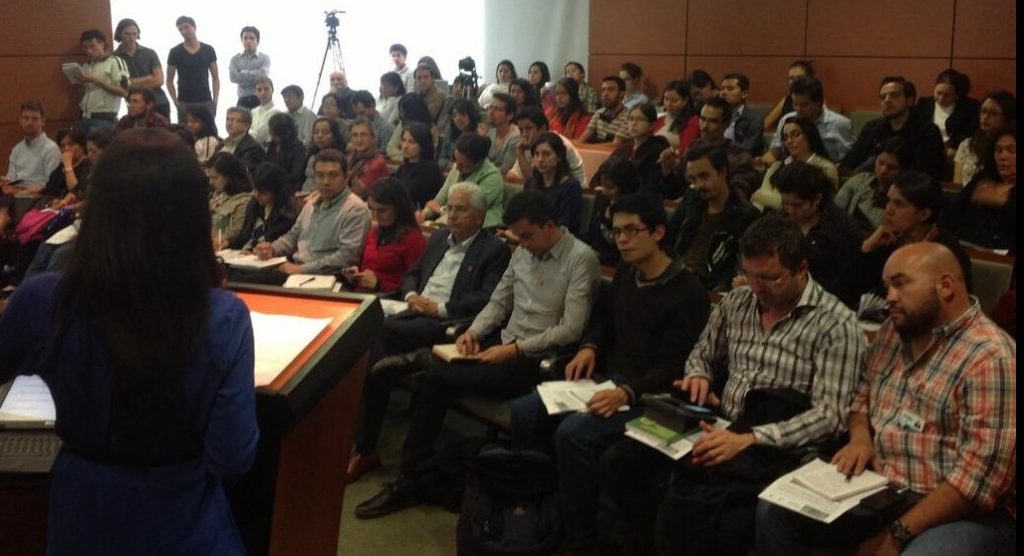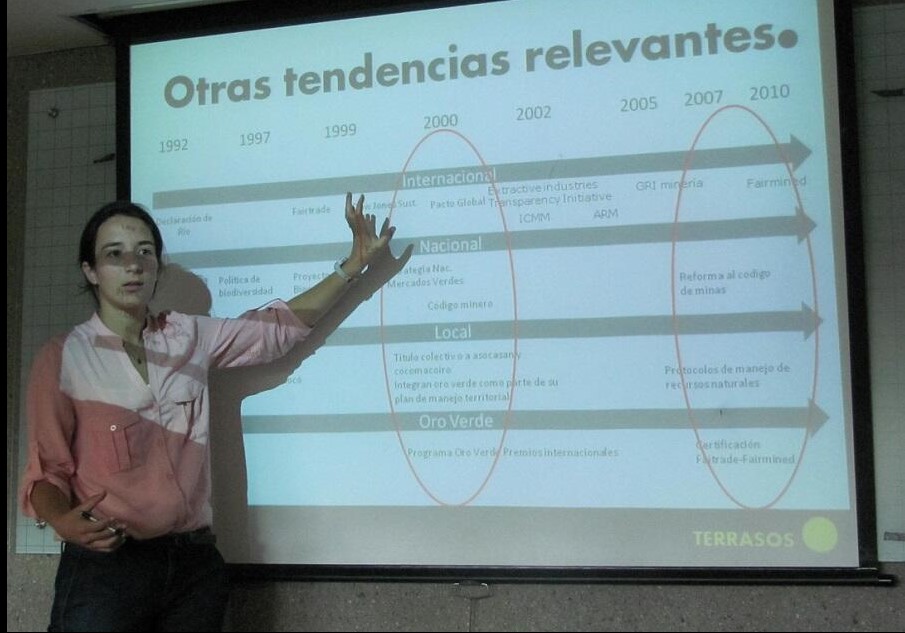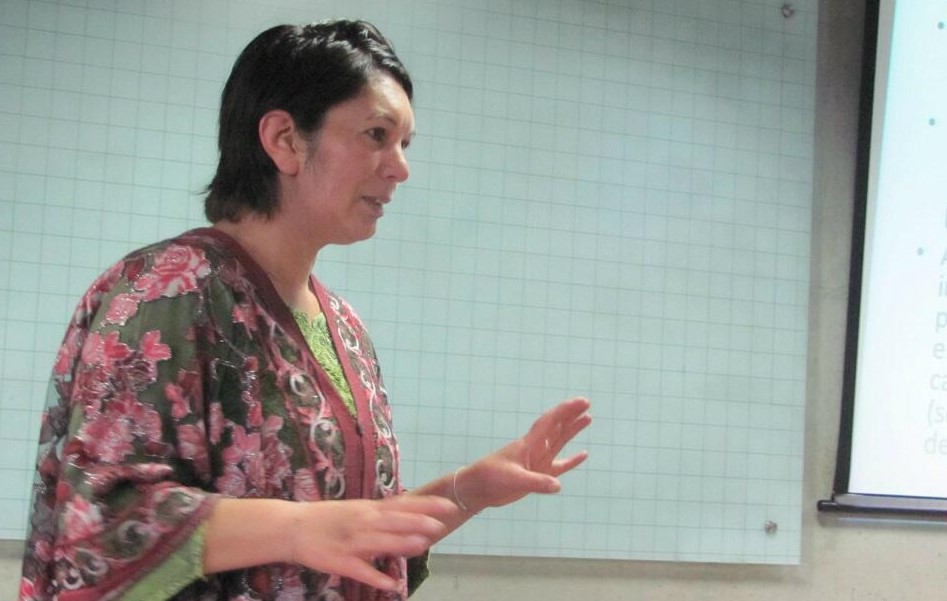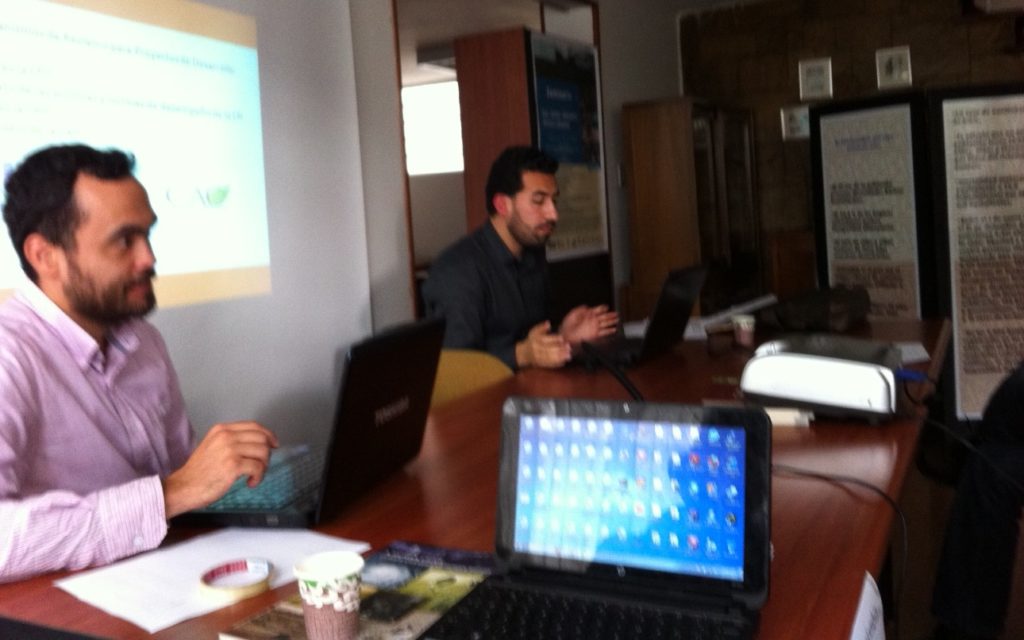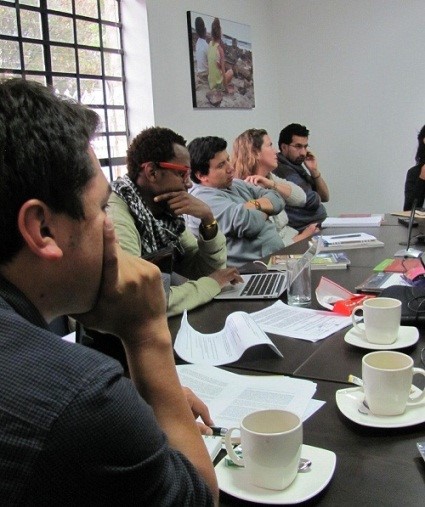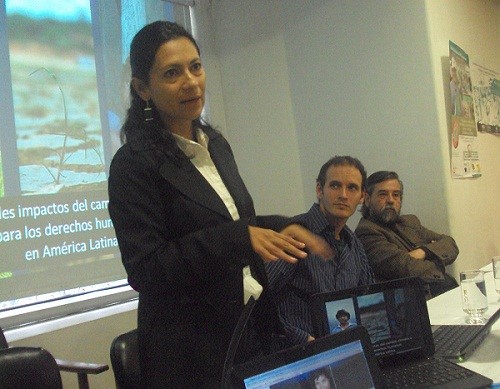The Network for Environmental Justice in Colombia (RJAC), through coordination, is designed to avoid duplicating efforts and to promote the optimal use of resources in environmental protection with a human rights perspective. It was launched in February 2010 under the coordination of AIDA and in collaboration with colleagues from ILSA, Dejusticia, Indepaz, the Inter-Church Commission for Justice and Peace, and the universities of Rosario, Los Andes and Caldas.
RJAC’s chief objective is to propose solutions to environmental conflicts in Colombia, and also to promote a fair and effective implementation of national and international environmental law, including the right to a healthy environment and other associated rights.
Beginning with 79 members, the network has grown to include more than 300 individuals and organizations. Through it, AIDA has worked with colleagues to implement legal strategies in precedent-setting cases and to share information and knowledge. AIDA also has advised law students, helping to strengthen the capacity of environmental enforcement in Colombia.
A great example of our work on precedent-setting cases is the legal strategy developed by several members of the network to help defend indigenous communities and Afro-Colombians against Muriel Mining Corp.’s Mandé Norte mining project. In 2009, Colombia’s Constitutional Court set historical precedent in defending the rights of ethnic groups and the rights of Colombians to a healthy environment. It ruled that the state must carry out an independent and objective environmental impact assessment, and that it must consult indigenous communities to obtain their consent to any development or investment plan in their territories (see the judgment, Spanish only).
Nevertheless, the Ministry of Interior and the mining company asked the court to reverse its decision. AIDA and other RJAC members presented petitions (see interventions, Spanish only) for the ruling to remain firm. This finally happened on March 12, 2012 when the Court confirmed its decision (see Auto, Spanish only).
The network provides a venue for constant communication among members, through which they share results, form alliances, get support and speak about environmental protection. As well, the RJAC has organized 20 discussion meetings since 2010 (see the full list, Spanish only). These forums welcome different perspectives and enable critical and constructive debate on environmental issues, something previously not readily found in Colombia.
Another step forward for the network came with the creation of the RJAC website in 2012. It provides access to legal resources – laws, judicial decisions and legal articles and analysis developed by AIDA and other organizations. The website also facilitates communication for events of common interest and other relevant topics. The site has been extremely successful: 1,920 documents were downloaded and traffic grew to 5,910 visits from 513 in the first nine months of existence. In October 2012, the RJAC also created a Twitter account. It now has more than 1,280 followers.
Via the network, AIDA began a volunteer program in the second half of 2012. Through the program AIDA advised three law students in their final semester and a doctoral student in Spain. When working with young lawyers, AIDA can help shape skills and interests to build a new generation of environmentalists. The volunteer program continued in 2013 with new members.
AIDA’s success in the creation and operation of the Network for Environmental Justice in Colombia shows that working through coalitions can bring better results than isolated efforts. The initiative demonstrates a growing confidence among organizations and individuals from Colombia. In the long term, this type of collaboration will result in major advances for environmental protection because the goals that we can set together exceed by far those of any one person or organization.

